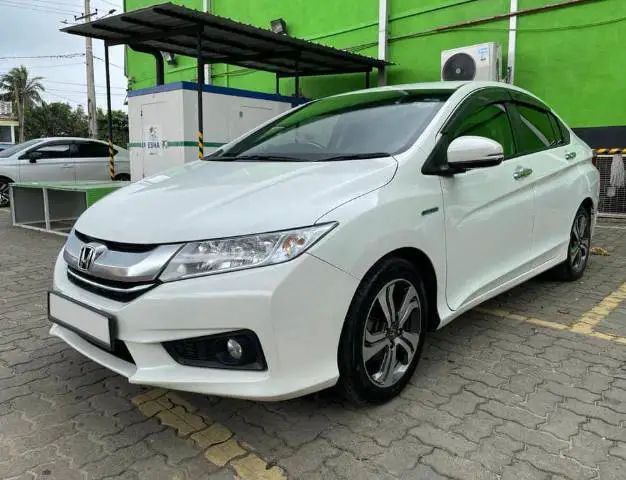What to do if brakes fail while driving?
Failing brakes while driving can be the worst nightmare for a driver. So, if this happens first thing you should do is to stay calm and try to get off the road as soon as possible to avoid accidents.
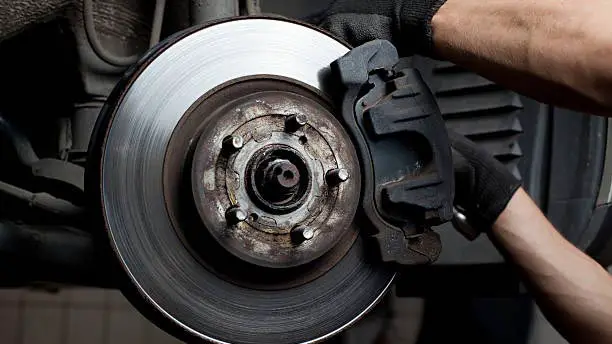
Failing brakes can be a driver's worst nightmare. They fail without warning and the car keeps going, no matter what you do to try and stop it! If this happens, don't panic. It is critical that you get off the road as soon as possible to avoid an accident. In this blog post, we'll talk about how to handle braking failures while driving in different situations so that your day doesn't end with an emergency room visit or worse--a fatal crash!
First Things You Need to Do If Your Brakes Fail?
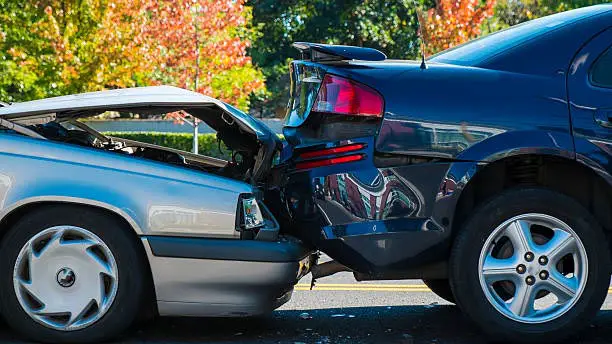
The first thing you need to do when the brakes fail is to stay calm. Getting worked up will only make things worse, and you could end up crashing if your panic sets in.
The second step is to keep moving and not rely on the brake pedal alone. You want to ease off the accelerator as much as possible, and then steer into a safe spot like an empty parking lot or wide-open space in between buildings. If there’s no way for you to safely guide your car into a parking lot or some other area where you won’t be obstructing traffic, then you need to steer the wheel in whatever direction is best for avoiding an accident.
As soon as you can, get off of the road and onto the shoulder. The last thing that you want is for another motorist to slam into your car because you are no longer able to control it. When you’re on the shoulder, try to steer your car into a position where it will not continue rolling and creating another hazard for other drivers.
Do NOT pump the brakes! This could send mixed messages to your engine which may cause an accident or worse damage.
What is a Brake Failure and Why does it Happen?
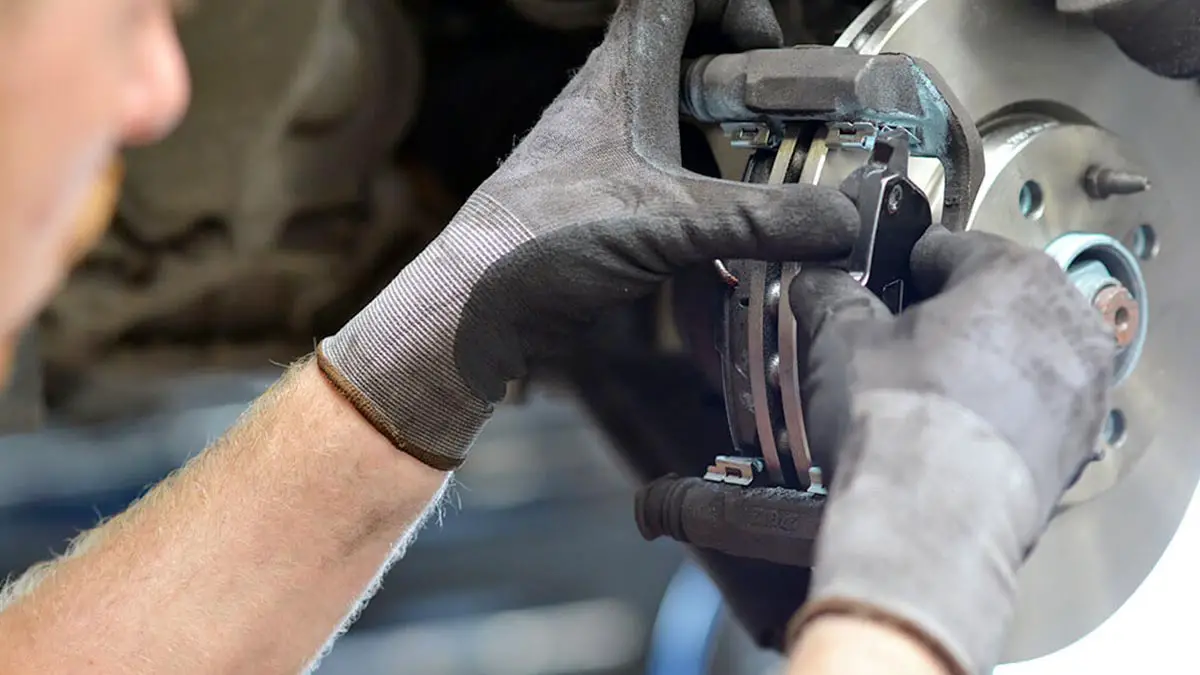
The most common reason for a brake failure is overheating which could be caused by several factors. One of these is driving with incorrect brake fluid. A car's brakes operate on hydraulic pressure, which is provided by brake fluid which is highly corrosive and can eat away at the system if not changed periodically.
Excessive driving speeds or driving habits that place too much stress on the braking system (heavy-footed drivers), can lead to overheating of brake components and subsequent failure.
Another leading factor in brake failure is faulty or damaged brake discs/pads (discs are often replaced in pairs). Worn or damaged drums can contribute to this issue, too; in the same way that worn pads and discs fail to transfer heat away from the braking system. This allows it to build up when heavy pressure is applied to the pedal, leading to brake failure.
Worn suspension components can also cause the vehicle to pull in one direction or another (e.g., while braking). This causes uneven pressure on the brakes and puts more stress on some components than others, again resulting in overheating and brake failure.
Checkout this amazing vehicle offers only for you...
In addition, faulty or damaged brake lines/hoses, as well as loose connections can lead to brake failure.
One of the factors that are often overlooked as a cause of brake issues is the use of incorrect tools during a routine service. This might be using a larger hammer than required when knocking out pins from disc/drum assemblies, or using an inadequate or damaged torque wrench.
If you notice any of the above symptoms while driving, immediately reduce your speed and gently apply the brake pedal; this will allow the brakes to cool down. If the car begins to pull in one direction while braking, it's possible that a drum is warped. If this is the case, stop driving immediately and have the car towed to a garage for inspection.
Never ignore unusual sounds or smells coming from your brakes while driving, no matter how busy you are. If one of the above symptoms is detected, stop driving immediately and have the vehicle towed to a garage for inspection.
UP NEXT

What is a catalytic converter ?
A catalytic converter is a device which controls the exhaust emissions of a motor vehicle by converting toxic exhaust gases and pollutants in to less toxic pollutants by using a catalyzing redox reaction. Read more...
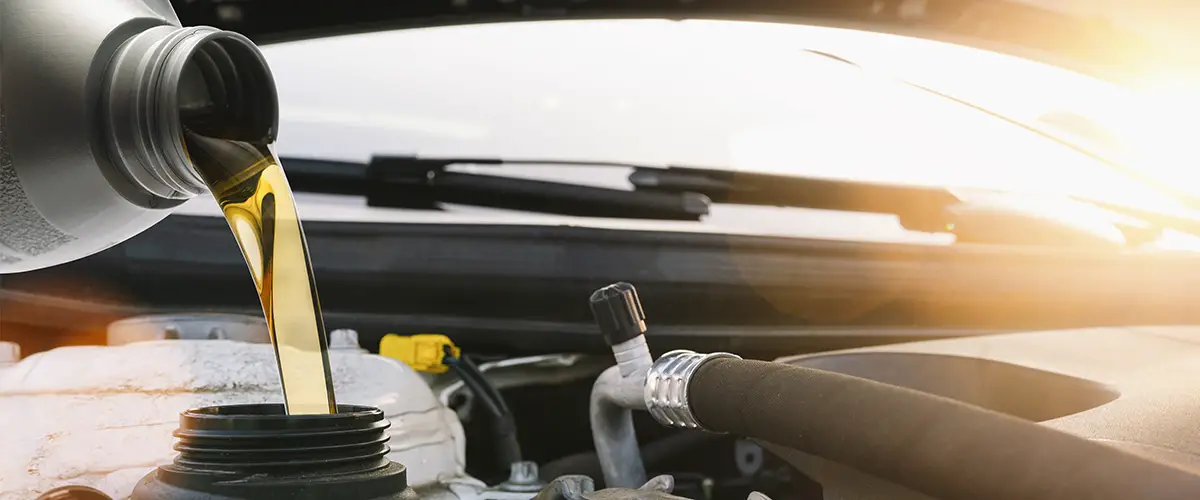
How To Change Oil In Your Car And How Often You Should Change Oil ? | A Step By Step Guide
How often you change your oil depends on a number of factors like the type of vehicle, driving habits, climate conditions, etc. Understanding some basics about auto oil can help you make better choices for when you do come to change it out. Here is a step-by-step guide to replacing the oil in your car. Read more...
